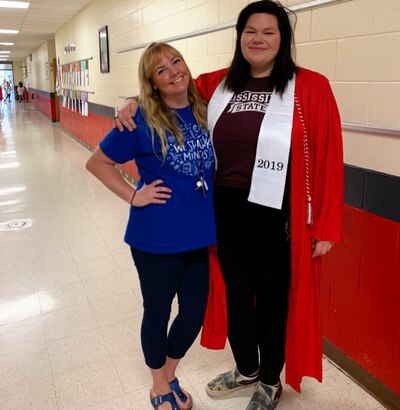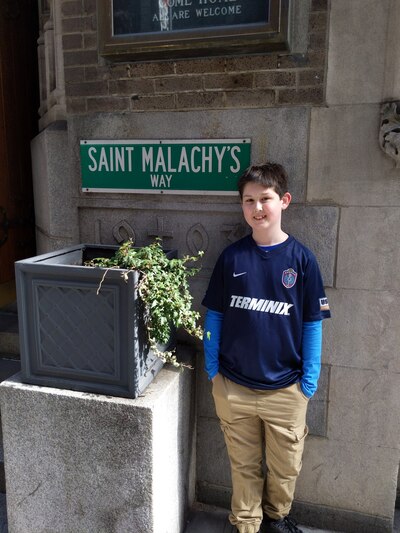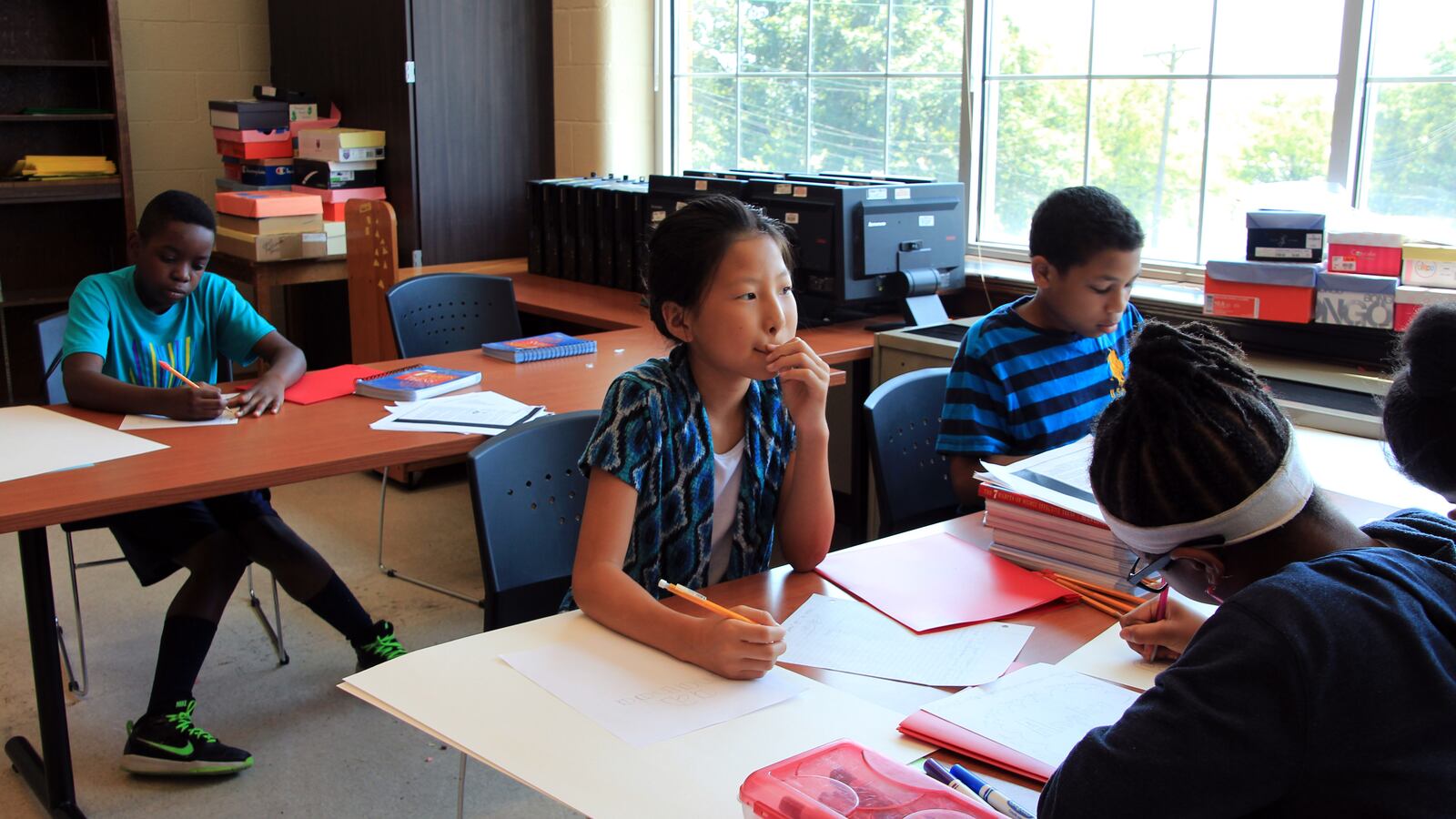Summer has come to Tennessee, with all of its sunshine and humidity, and it’s the perfect time to reflect on what the past school year brought with it.
It was not a dull year in education news. From keeping you updated with statehouse news (i.e., vouchers), to covering the superintendent search for the state’s largest school district, to holding schools accountable – we worked to keep you informed on all things impacting Tennessee schools.

Now, it’s your turn to inform us. More than 50 of you weighed in on what you learned and what you hope the future will bring for your schools. A lot of you talked about how school funding impacts your lives, your thoughts on the new state voucher bill, and how you think your schools can improve.
Below, we highlight some of those responses.
Teachers who responded to Chalkbeat’s survey had a lot to celebrate — and a lot of concerns about the future of their schools.
Kathryn Vaughn, an elementary art teacher in Brighton, said she had former students visit her in their graduation caps and gowns to tell her “that I helped them discover their love of art, and that art is what kept them in a school.”
But Vaughn added that she’s worried about losing art programs at her town’s schools due to funding cuts.
Jessica Gaston, a former Memphis educator who left teaching this year, said it was a year of working “incredibly hard under unfair conditions with little recognition and autonomy.”
“When I told my third graders I was leaving, all of them got up and hugged me, told me they would miss me,” Gaston said. “Some even cried. I felt like I hadn’t made a difference all year long until that moment.”
Remi Hampton, KIPP Memphis, said the biggest lesson she learned was that financial issues and overall staff retention are the biggest issues facings schools.
“I think that there are a lot of ways to fix retention and finances, but they would require schools to be more involved with their teachers and students,” Hampton said. “If we were able to get more seasoned leaders then I think our schools would have a more solid culture so teachers would want to stay longer and feel more invested in the work that they do.”
Malachy O’Connor, a rising fifth-grader at Snowden Elementary School, sees school funding as an issue, too. His district, Shelby County Schools, is currently asking for the county commission to approve a budget of more than $1 billion.

“The biggest problem facing my school district is that they don’t give us enough money for improvements,” he said. “They could overcome this by telling the officials to give the school more money.
He said another lesson he learned this year is that “you have to sometimes value work over friends. I also learned that you shouldn’t have to be scared to ask questions.”
Malachy’s mom, Tracy O’Conner, said her son has taught her this year that “now that my children are older, it really is better for all of us if I step back and let them be in charge of their learning. I have also learned that 90% of public school advocacy is just being that person who is willing to show up and speak up, no matter how much your hands shake and your voice trembles.”
Over the last year, a lot of parents, teachers, and community members have spoken for and against the state’s new voucher legislation. In Memphis and Nashville starting in 2021, a new type of voucher will give eligible families an average of $7,300 in taxpayer money annually to pay for private school tuition or other education-related expenses.
Some readers expressed concern and apprehension over the bill.
“Legislators are like students…they DON’T listen!!!” wrote Letitia Wilson, who formerly worked with the Tipton County school board.
Amy McLaughlin Dixon said Tennesseans have to “pay attention to the politics regarding public education or it’s not going to matter what anybody thinks.”
Above all, Chalkbeat readers emphasized that the way forward for building better schools centers on community and empathy.
“Bureaucracy and politics are alive and well, and community is survival,” said Memphis educator Nikki Wilks. “You can’t do this alone.”

